NextUp not only increases access to afterschool and summer programs, but we also use assessment tools to monitor continuous program quality improvement, safety, and more.
When we talk about the quality and safety of programs, it reaches far beyond compliance and keeping youth occupied. We want to know if youth are:
This is why we use SAYO as a tool to help measure youth program outcomes.
The Survey of Academic and Youth Outcomes (SAYO-Y) is a research grounded tool that captures youth experiences in out-of-school time (OST) programs. Youth completed the survey at the conclusion of their program reflecting on their overall competencies, social and physical environments, personal growth, and future outlook.
Why it matters: SAYO is unique because it centers youth perspectives, giving us direct insight into how programs impact their daily experiences and long-term goals.
Youth give their responses to 34 questions. Responses are then grouped into four research-grounded categories:
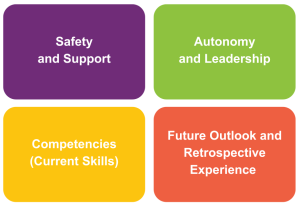
The following data, collected via survey, reflects youth’s thoughts about their afterschool and summer programs running from July 2024 – June 2025.
Takeaway (Safety and Support): Adults provide strong support and emotionally and physically safe environments, but positive peer relationships remain an area for growth.
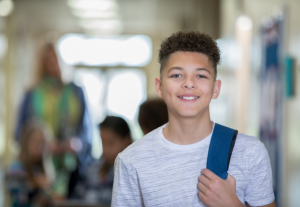
Takeaway (Autonomy and Leadership): Providers should co-create opportunities for youth voice and choice within their programs in ways that reflect the desires of the youth themselves.
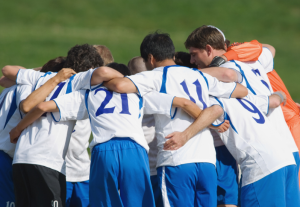
Takeaway (Current Skills): Youth see themselves as confident, capable, and motivated to learn and grow.
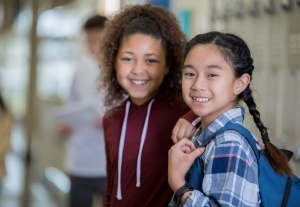
Takeaway (Retrospective Experience and Future Outlook): Programs are shaping positive self-images and strong future aspirations.
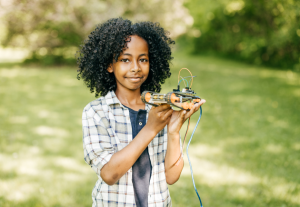
Youth feedback highlights both successes to celebrate and opportunities to improve. NextUp uses these insights to:
This year’s SAYO results show that Richmond youth who participate in NextUp-supported programs say they feel safe, confident, and able to dream big about their futures. By acting on youth feedback, especially around autonomy and peer relationships, we can make these programs even stronger.
NextUp partners with local youth development agencies and program providers to expand access to out-of-school time programs for youth ages 11-19 across Richmond and in all seven traditional Richmond Public Middle Schools. You can use NextUp’s Youth Program Locator and Directory to find programs near you!
You can help connect Richmond youth to free afterschool and summer programs, all while increasing providers’ capacity to deliver quality programs, through NextUp! Learn more.
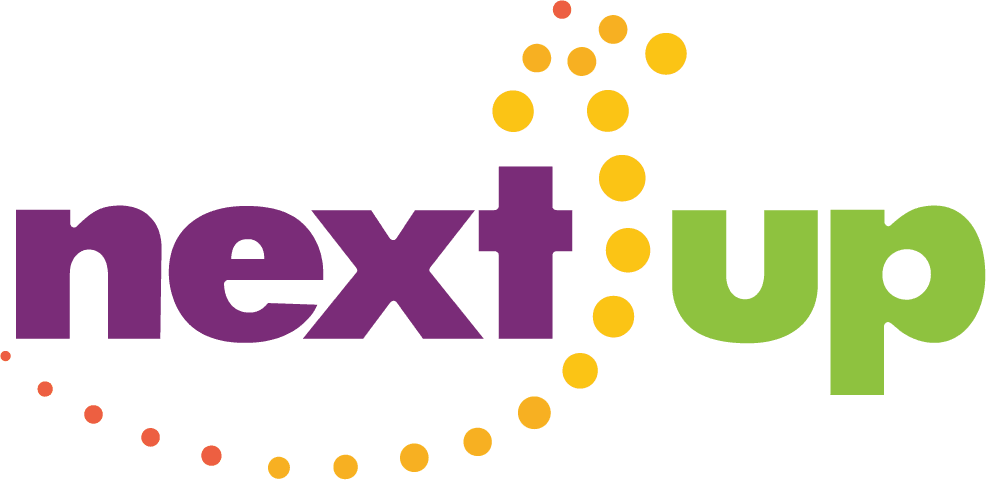
NextUp RVA is a nonprofit organization helping youth discover their talents and build positive relationships. It does this by managing a strong system of accessible out-of-school time programs delivered in schools and across the city. When youth participate in quality out-of-school time programs, they learn new skills, find out what they are good at, gain confidence and are engaged learners.
© Copyright 2025. NextUp RVA.